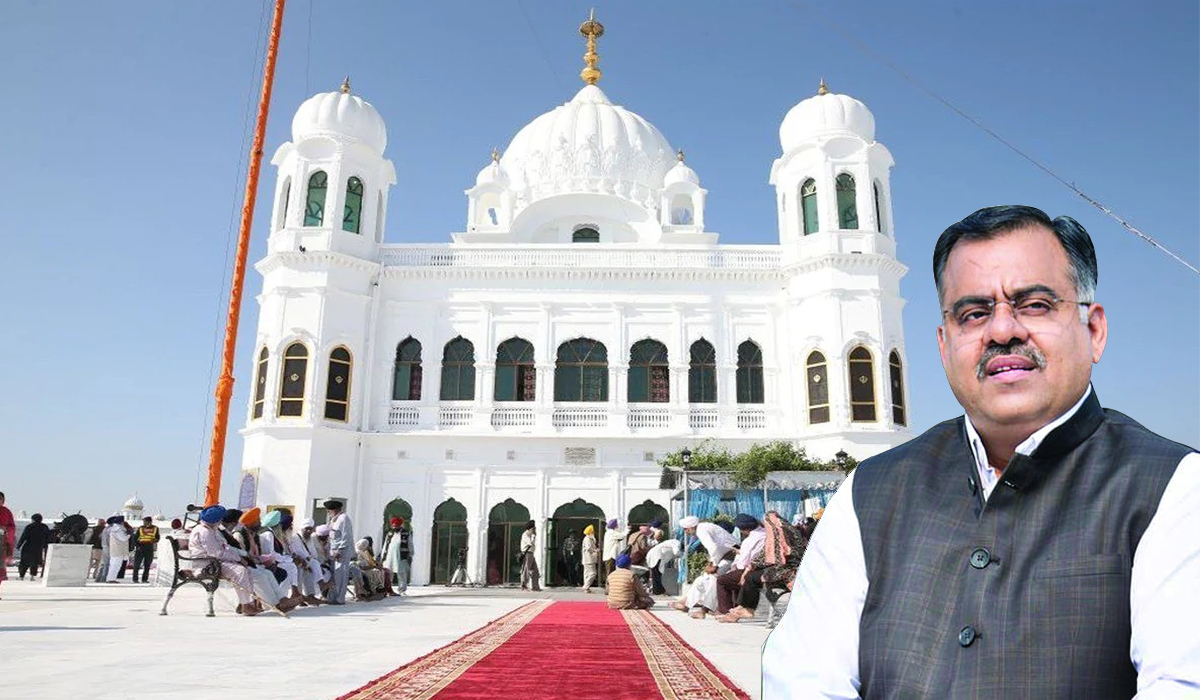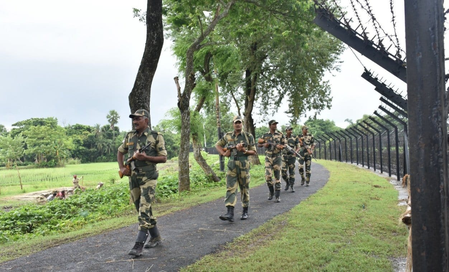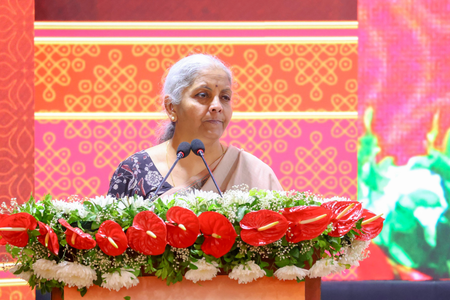New Delhi : Expressing his gratitude to Prime Minister Narendra Modi for extending the Kartarpur corridor agreement with Pakistan for another five years, BJP national general secretary Tarun Chugh said this move by PM Modi reiterates his affection for the Sikh community and respect for the religious sentiments of Sikh brothers and sisters.
Chugh stated that it was due to the PM’s efforts that the Kartarpur corridor was opened, allowing devotees to visit Guru Nanak Dev Ji’s gurdwara.
“The renewal of the agreement ensures uninterrupted pilgrimages, and the government has addressed the pilgrims’ request regarding the removal of the USD 20 service charge levied by the Pakistan government per visit. This decision by PM Modi reaffirms his affection for the Sikh community and his respect for their religious sentiments,” Chugh said.
He further emphasised that the BJP holds the utmost respect for all religious communities, including the Sikh community.
“Honouring Sikh heritage has been part of the BJP’s broader commitment to safeguarding religious freedoms. Prime Minister Modi has undertaken numerous steps to honour the contributions of the Sikh community to India’s history and culture,” he added.
Chugh highlighted various welfare and development programmes led by Prime Minister Modi as significant milestones for the Sikh community.
He said that over the past decade, the Modi government has launched several key initiatives to celebrate Sikhism’s values and promote Sikh welfare.
“These include commemorating major events such as the 400th Prakash Parv of Guru Tegh Bahadur Ji, the 550th Prakash Parv of Guru Nanak Dev Ji, and the 350th Prakash Parv of Guru Gobind Singh Ji. The government’s commitment to Sikhism is further reflected in initiatives such as exempting GST on Langar and approving FCRA donations. The construction of the Kartarpur Sahib Corridor, the designation of Sultanpur Lodhi as a heritage city, and the establishment of a Guru Nanak Dev Ji chair at a British university demonstrate PM Modi’s dedication to the Sikh community,” he said.
Chugh added that since 2014, Prime Minister Modi has supported Punjab’s development while recognising the significant role Sikhs have played in India’s growth.
“Initiatives such as ‘Dekho Apna Desh’ and ‘Ek Bharat Shreshtha Bharat’ have celebrated Punjab’s rich cultural heritage. Additionally, PM Modi designated December 26 as ‘Veer Bal Diwas’ to honour the sacrifices of Baba Zorawar Singh Ji and Baba Fateh Singh Ji, the sons of Guru Gobind Singh Ji. Under the PRASHAD scheme, 46 projects amounting to Rs 1,629.17 crore have been sanctioned, including developments at Karuna Sagar Valmiki Sthal in Amritsar and Chamkaur Sahib in Rupnagar,” he said.
He also mentioned that the Modi government has sought justice for the victims of the 1984 anti-Sikh riots by establishing a Special Investigation Team (SIT), reopening 300 cases, and ensuring that those responsible are held accountable.
“Furthermore, the Jallianwala Bagh memorial was restored, and financial assistance was provided to 3,328 victim families. The Citizenship Amendment Act granted citizenship rights in India to Sikhs persecuted in Afghanistan and Pakistan, reaffirming the government’s commitment to protecting Sikh communities worldwide. Efforts to support Sikhs in Jammu and Kashmir, the introduction of the Vande Bharat Express from Anandpur Sahib to Delhi, and the return of Guru Granth Sahib Ji Maharaj’s Swarup from Afghanistan have also been noteworthy,” he said.
Earlier, India and Pakistan agreed to extend the validity of the Agreement on Sri Kartarpur Sahib Corridor for a further five years.
The agreement, signed between the two countries on 24 October 2019 to facilitate the visit of pilgrims from India to Gurdwara Darbar Sahib Kartarpur in Pakistan’s Narowal district, was initially valid for a period of five years.
In a press release, the Ministry of External Affairs (MEA) said, “It has been agreed between India and Pakistan through diplomatic channels to extend the validity of the Agreement on Sri Kartarpur Sahib Corridor for a further period of five years.”






